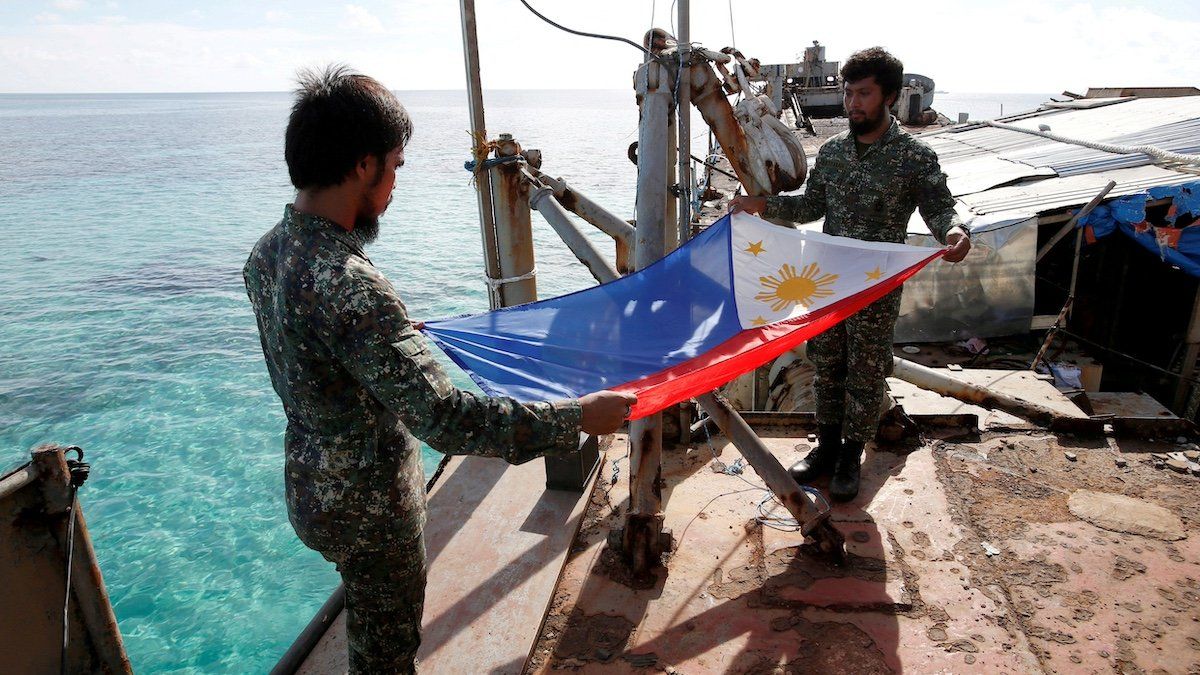Philippines successfully conducts resupply through disputed sea under new deal
On Saturday, Filipino vessels carried food and supplies to the Second Thomas Shoal, a disputed atoll in the South China Sea that has been the source of severely strained relations with Beijing in recent months. Manila deliberately beached a ship called the Sierra Madre on the Second Thomas Shoal in 1997 to effectively control it and now must regularly resupply Marines based there.
The mission represents an early success for the recently signed deal between China and the Philippines intended to cool temperatures in the region and preserve the status quo through better coordination and communication.
Manila and Beijing’s coastguards reportedly communicated about the mission in advance, and Chinese ships did not shadow or intercept the Filipinos as in past attempted resupply missions.
While details about the deal have not been made public, both sides passed the first test with flying colors. Confrontations between Manila and Beijing had been posing a serious risk of escalation – and such encounters could spiral quickly given the longstanding mutual defense treaty between the US and the Philippines.
US Secretary of State Antony Blinken applauded the peaceful coordination and said the US “[expects] to see that it continues going forward.”